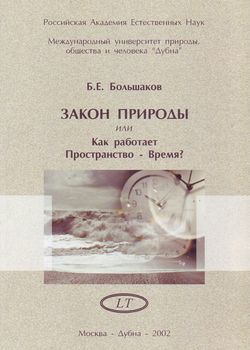Denis Kalitin the Candidate of Technical Science, Associate Professor of the Moscow state mountain university (MSMU)
Abstract
The article deals with the strategy of designing 3-valued neurons cellular structure on a given function of 3-valued logic. Setting up the neurons to a given function is performed by calculating the optimal orbital center and eliminating a number of contradictions. The proposed method is free of the shortcomings of the previous methods of setting the digital neuron for a given function, namely, the integer solutions of systems of equations.
KEYWORDS: digital neuron, graph, 3-valued logic, function.
Download article DESIGNING 3-DIGIT NEURONS

 ПОСЛЕДНИЕ ЭКЗЕМПЛЯРЫ ТИРАЖА
ПОСЛЕДНИЕ ЭКЗЕМПЛЯРЫ ТИРАЖА


